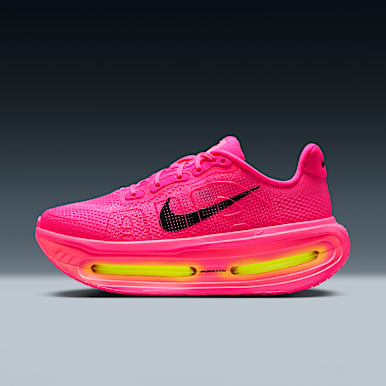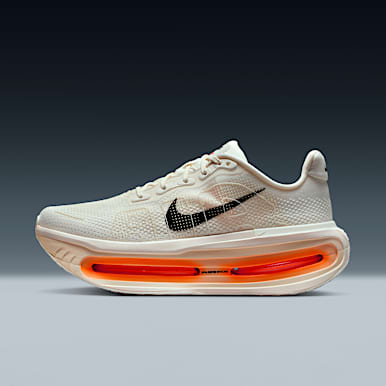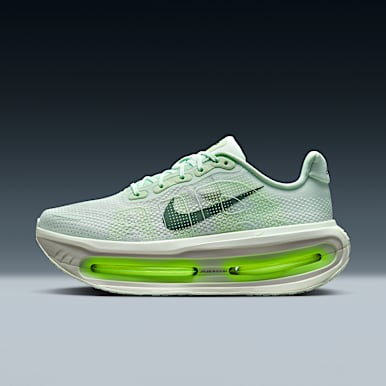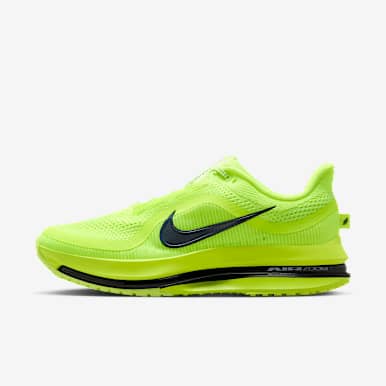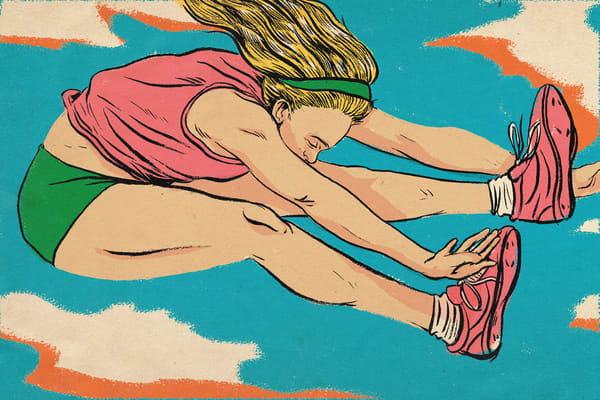7 Benefits of Getting Your Run Done in the Morning
Sport & Activity
Going for an early-morning jog not only helps to boost your commitment to exercise, but it can provide a host of surprising benefits as well.

Running provides a wide range of well-documented health benefits, including burning calories, improving your cardiorespiratory fitness, building stamina and boosting heart health when you run.
What's more? Your jogging routine may even help you live longer. In fact, studies have suggested that runners have a 25 to 40 percent reduced risk of premature mortality and live approximately three years longer than non-runners.
But have you ever wondered if there is an optimal time to run? Many people run after work or in the afternoon because it fits with their schedule. But if you can run at the start of your day, you'll gain certain advantages. The benefits of running in the morning are substantial, and may inspire you to lace up your shoes at daybreak and make a routine of it.
7 Benefits of Running in the Morning
Many people enjoy the peace and quiet of a morning run. In summer, heading out for a run before the temperatures skyrocket can also make your workout more comfortable. And a morning run can help you to start your day with a sense of accomplishment. An early exercise session also provides these other benefits for runners.
1.Improves Race Preparation
If you are training to participate in an upcoming race, you'll set yourself up for success if you can mimic race-day conditions during training.
It is very common for races to take place in the morning, especially long races such as a marathon or half marathon. So the more that you can train your body to perform at its best early in the day, the easier it will be to run well on race day. Your body will adapt to getting up early and running or jogging if you can participate in regular morning runs.
Need a new running plan? Consider downloading the Nike Run Club App for expert-backed tips!
2.Encourages Self-Care
When you run first thing in the morning, you put your own health and wellbeing first. By prioritising your own needs, you are practising a form of self-care. According to the National Institute of Mental Health, self-care can help you manage stress, lower your risk of illness and increase your energy. And when you care for yourself first, you may find that you have greater bandwidth to care for others—family members, work colleagues or friends—throughout the day.
3.Helps Promote Consistency and Adherence
Some people are very good at getting in their daily run regardless of the time of day it takes place. But others find reasons to procrastinate or avoid their jogging workout altogether as the day moves along.
While distractions can interfere with your commitment at any time of the day, you'll likely have more work or family commitments and other tasks that get in the way of your fitness as the day progresses. And some research supports this idea.
A 2020 study published in Exercise and Sport Sciences Reviews found that a consistent morning-exercise routine can boost both exercise adherence and weight loss in those with excess weight.
4.Increases Mental Focus and Productivity
If you go for a run before your workday begins, you increase your chances of bringing your A game to work. A morning bout of exercise can help you to function better mentally. Researchers have found that in the two hours following exercise, you are likely to experience improved executive functions including memory, problem-solving, cognitive flexibility, verbal fluency, decision making and inhibitory control. Exercise can also help you to sustain attention levels when you're tired. And studies have also shown that combining morning exercise with breakfast can help teens perform better on academic tests.
5.Helps to Improve Sleep Quality
A morning workout may promote better quality of sleep as compared to afternoon or evening workouts. In fact, the authors of a 2014 study published in Vascular Health and Risk Management concluded that early morning may be the most beneficial time to engage in aerobic exercise.
Other studies have supported these findings. A study on older adults published in Sleep Medicine showed that morning workouts may be particularly helpful for those who have difficulty falling asleep. And another study suggested that vigorous evening workouts (conducted within an hour of bedtime) may impair sleep.
6.May Help Manage Blood Pressure Levels
A few studies have suggested that a morning-exercise session may help some people manage hypertension (high blood pressure). For example, the authors of the previously mentioned 2014 study from Vascular Health and Risk Management looked specifically at those diagnosed with prehypertension. They found that the improved sleep enjoyed by morning exercisers helped study participants lower blood pressure at night, which they suggest promotes a restorative physiological process.
7.Can Improve Weight Management
Running or jogging at any time of day can help you to burn calories, reduce body fat, promote weight loss and improve your body composition. According to the American Council on Exercise, a 68kg person burns about 362 calories during a 40-minute run at a 12-minute-per-mile pace. If that same person were to run an 8:30-minute-per-mile pace, they would burn 521 calories, and they'd burn a whopping 725 calories at a six-minute-per-mile pace. When paired with a nutritious and calorie-controlled diet, a jogging programme can help you to reach and maintain a healthy weight.
But morning exercise may provide additional benefits. According to a 2016 study published in the Journal of Nutrition and Metabolism, participating in a morning run after an overnight fast can increase fat oxidation during exercise and help you to decrease food intake over the 24 hours following exercise.
Frequently Asked Questions About Morning Runs
Are there any drawbacks to running in the morning?
While your morning jog can set you up for success in many ways, there are also a few downsides of an early-morning run to consider. First, if you jog very early, it may be dark when you run. Wear reflective gear so that cars, cyclists and other traffic can see you.
Also, your body is less likely to be warmed up from daily activity when you run first thing in the morning. You might be hungry if you run before breakfast, and a vigorous running or jogging workout can lead to afternoon fatigue.
Should I eat before running in the morning?
Experts often advise that you have a small snack consisting of easily digested carbs (think cereal, instant porridge or a banana) before a workout. But personal tolerance should also be taken into account. Experiment with different snacks—or no snacks at all—to find out what works best for you.
How do I run in the morning if I'm not a morning person?
If you're not a morning person, getting up early to make time for exercise can be challenging. But there are things you can do to promote adherence to an early jog. First, lay out your running clothes and running shoes before you go to bed. That way, you don't have to think about what to wear when you wake up. Some people even sleep in their running clothes.
Next, start going to bed slightly earlier to make sure you still get enough sleep when you shift to an earlier wake-up time when your alarm goes off. Lastly, practise good sleep hygiene. Turn off any screens about 30 minutes before bed, avoid caffeine late in the day, and make your sleeping environment as cool and comfortable as possible. Before long, your morning run will become part of your habit and routine.




